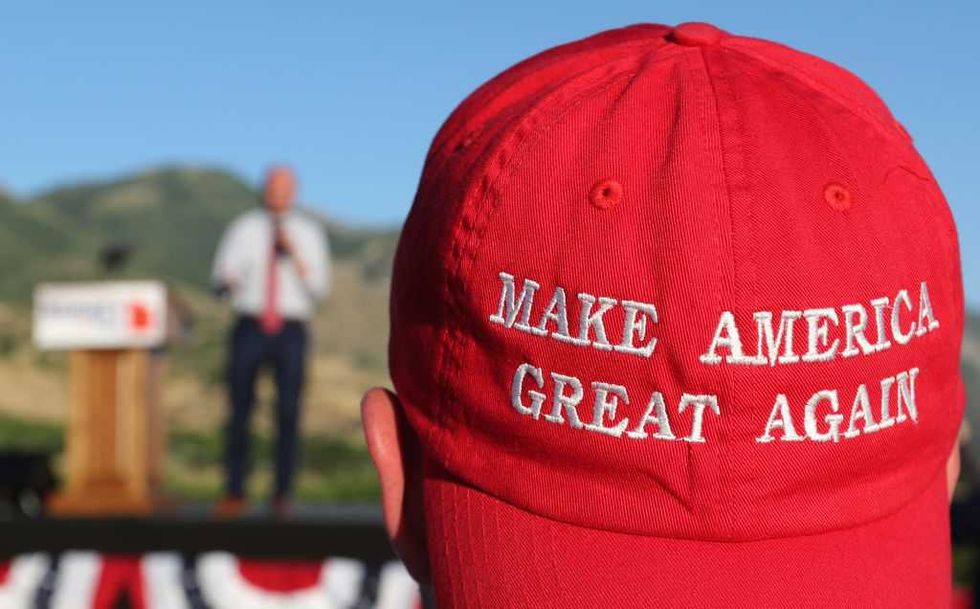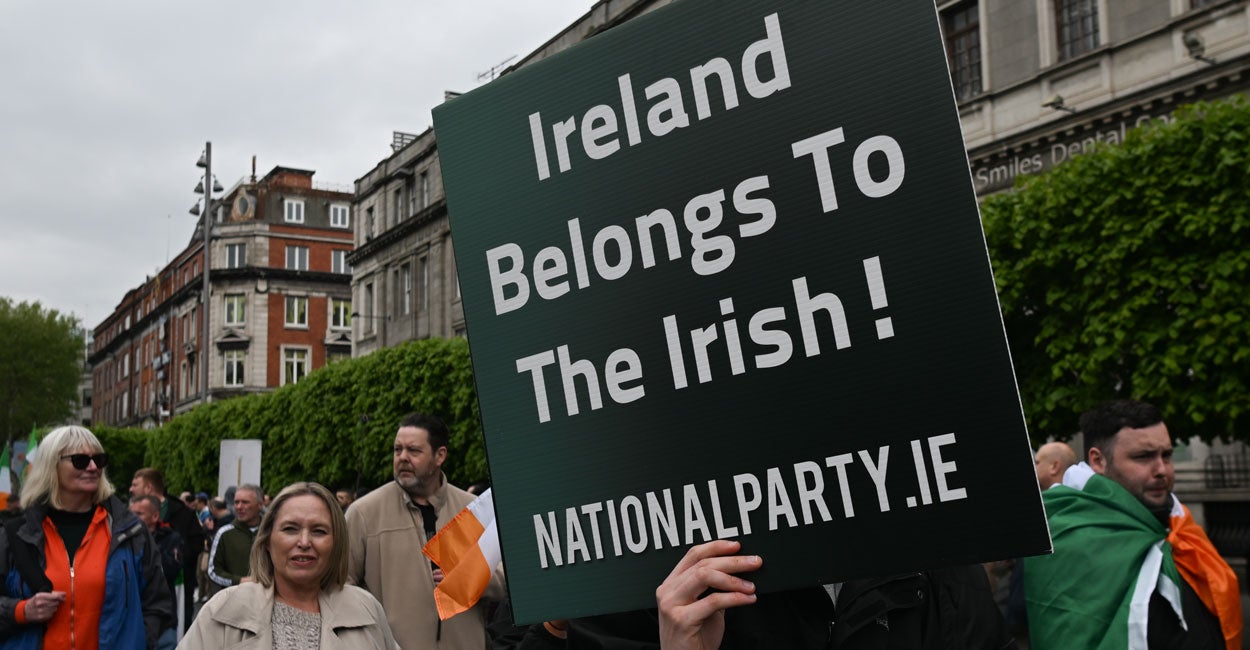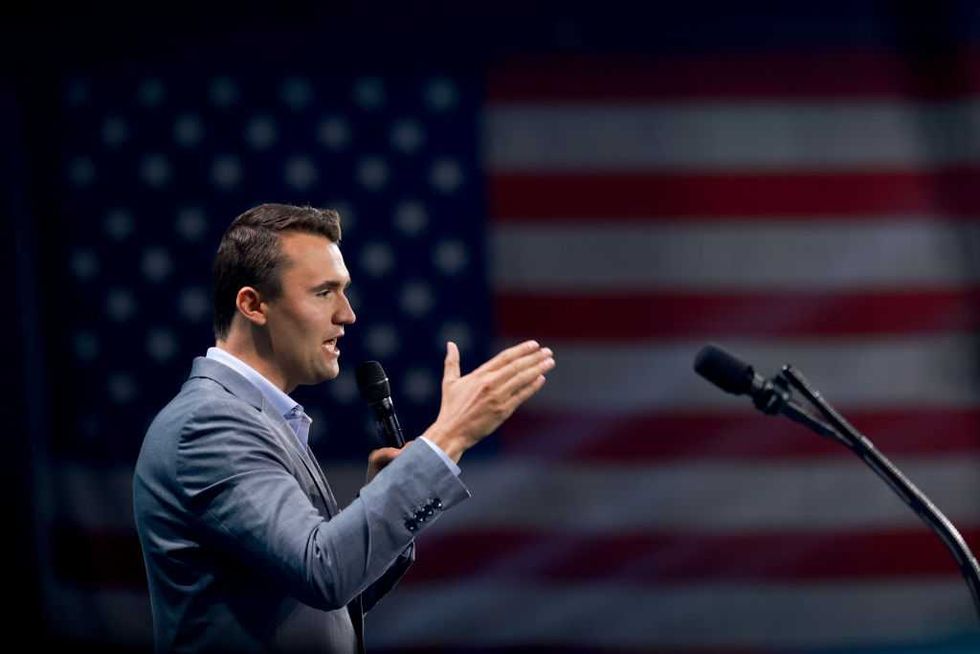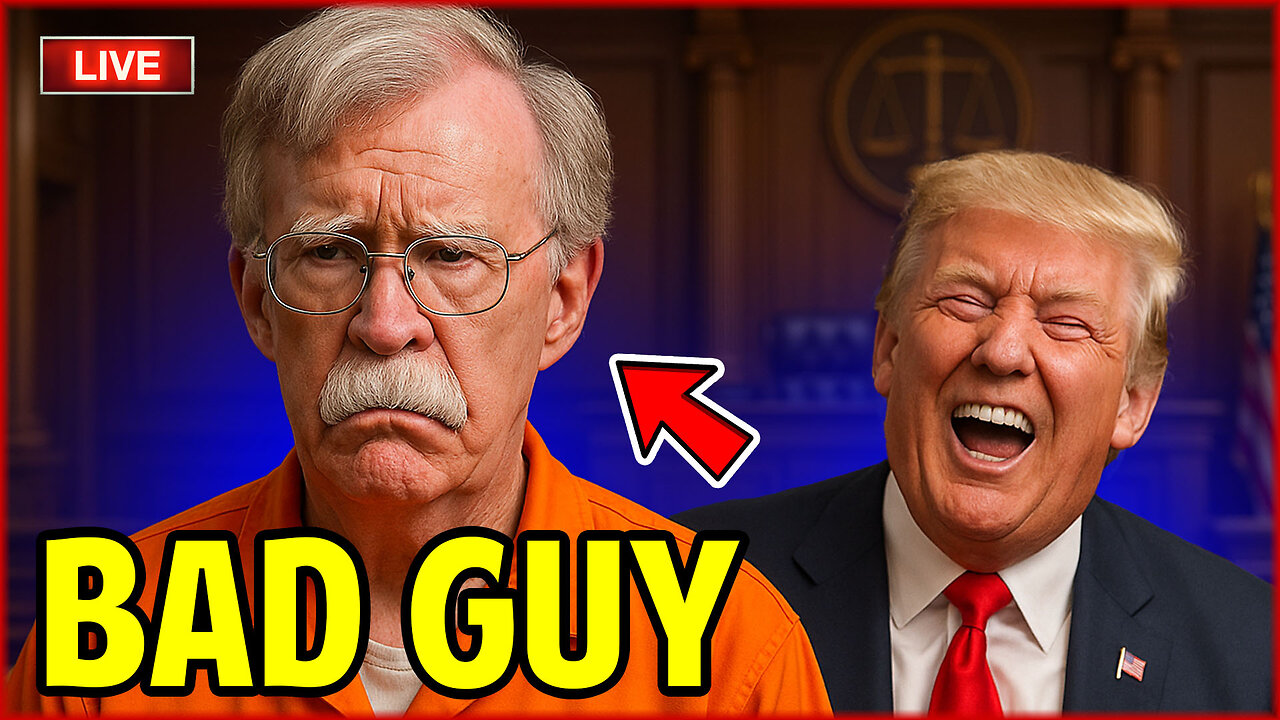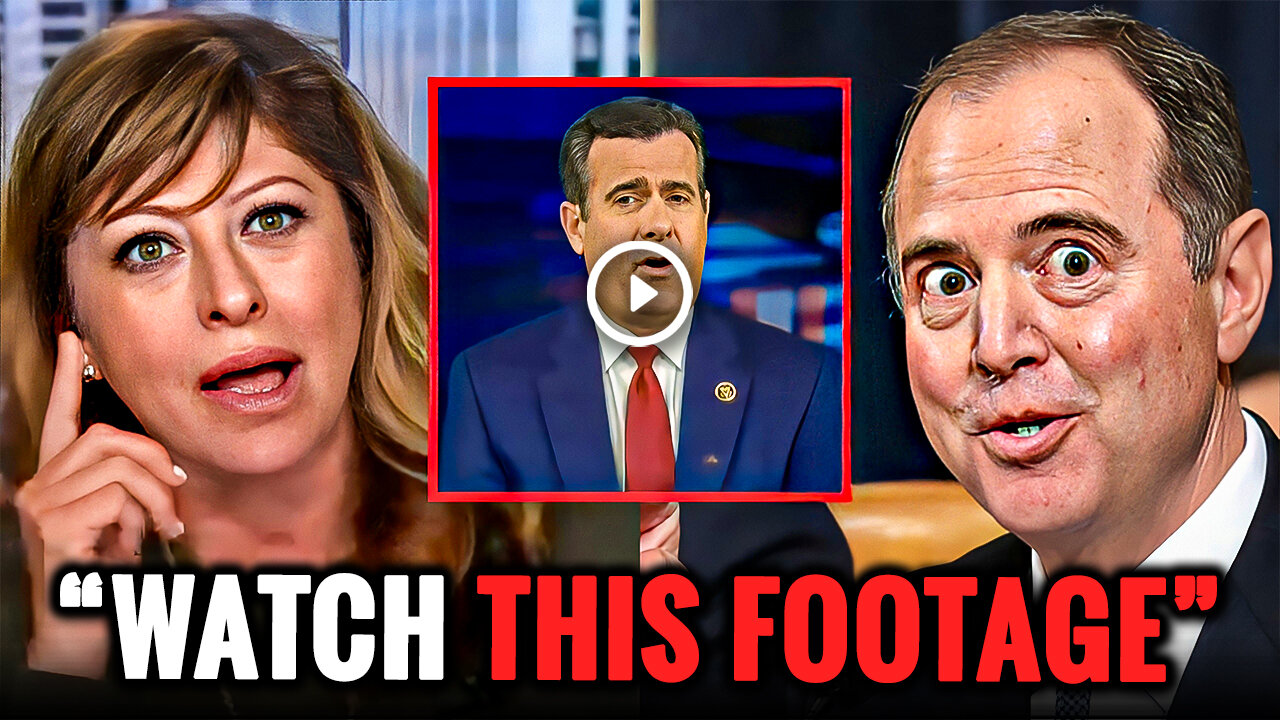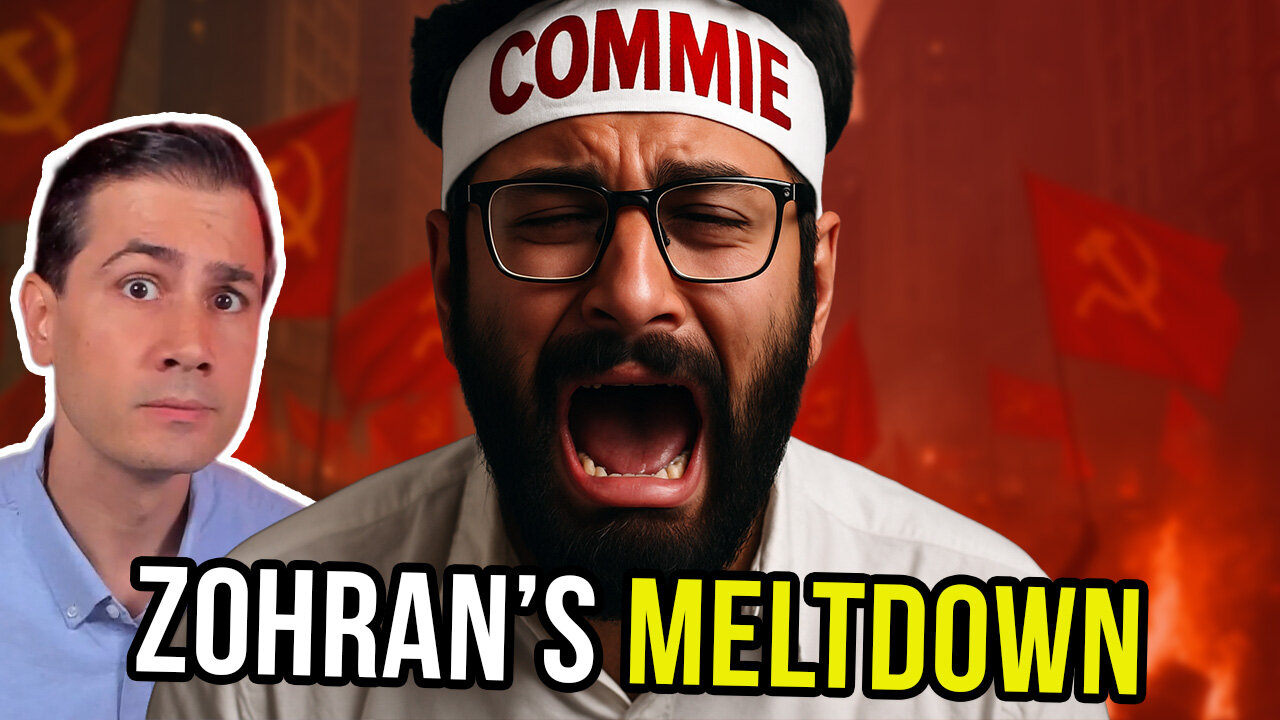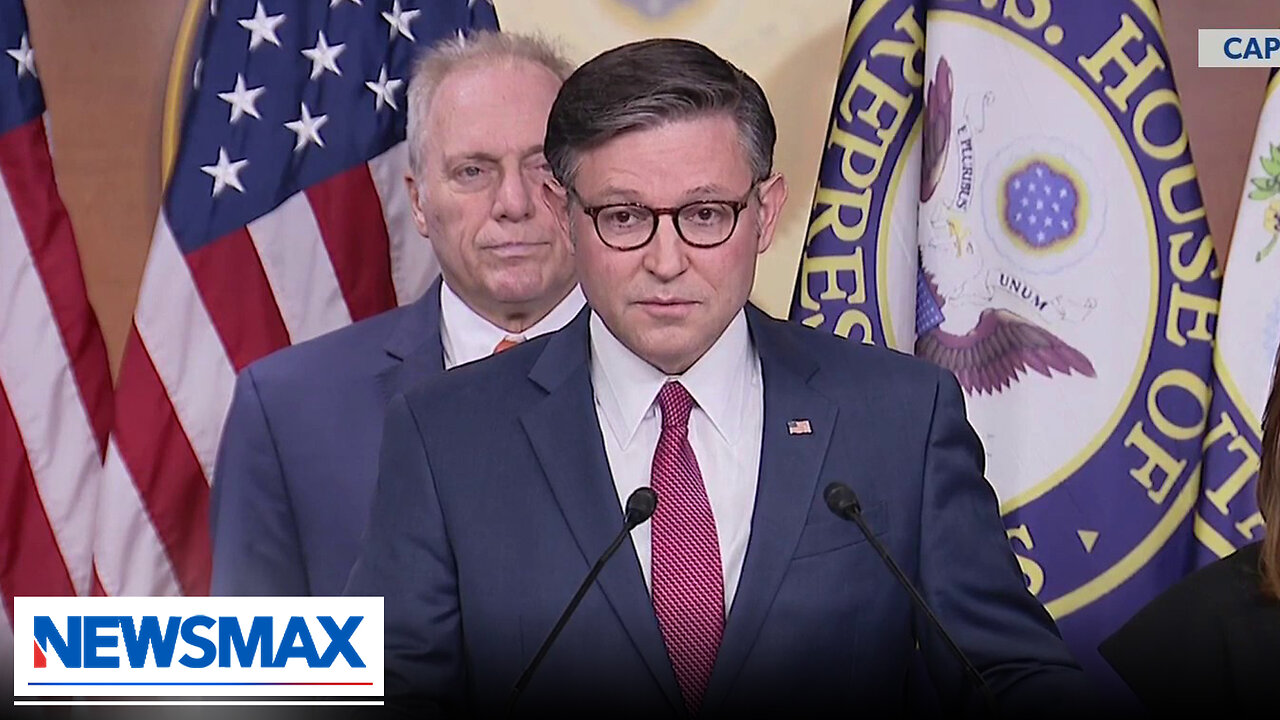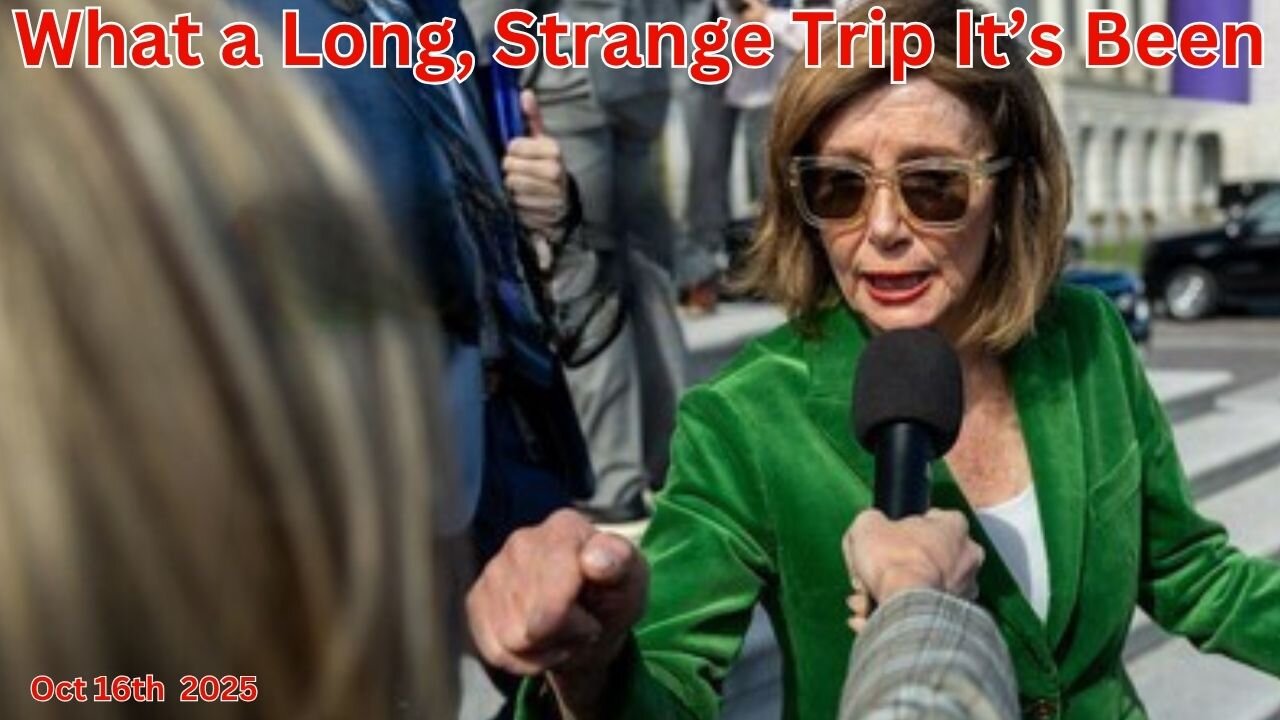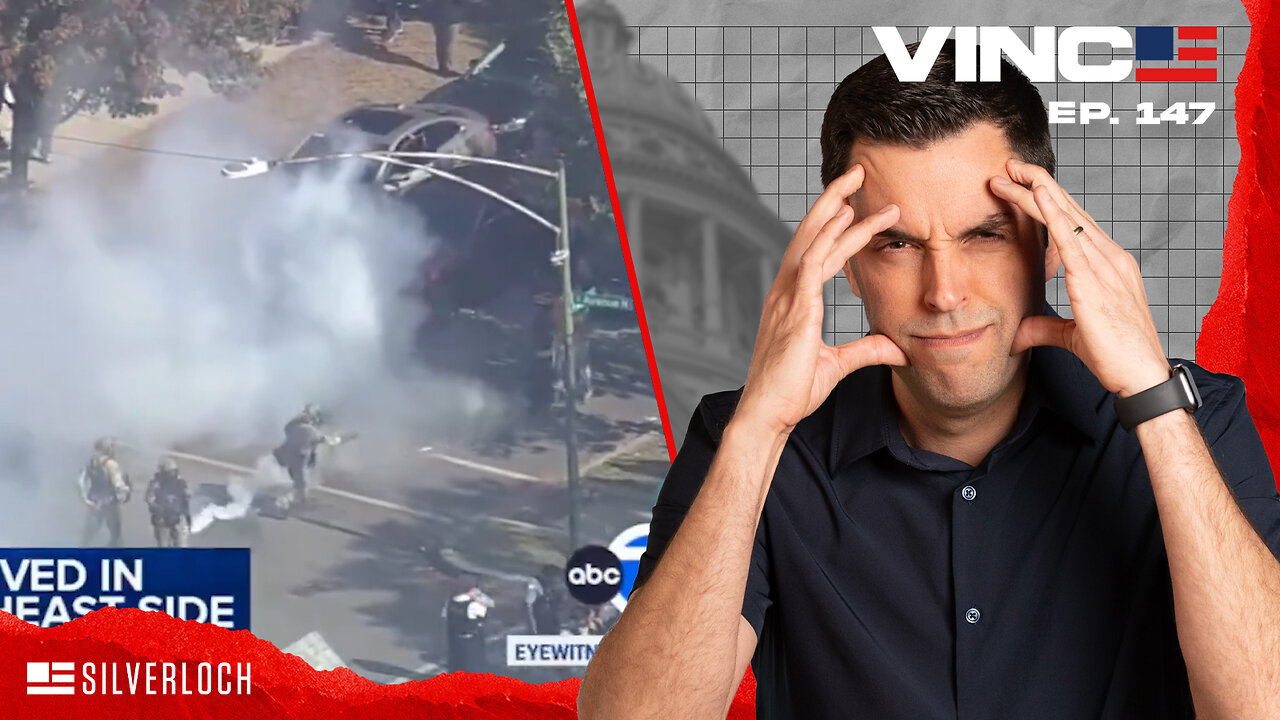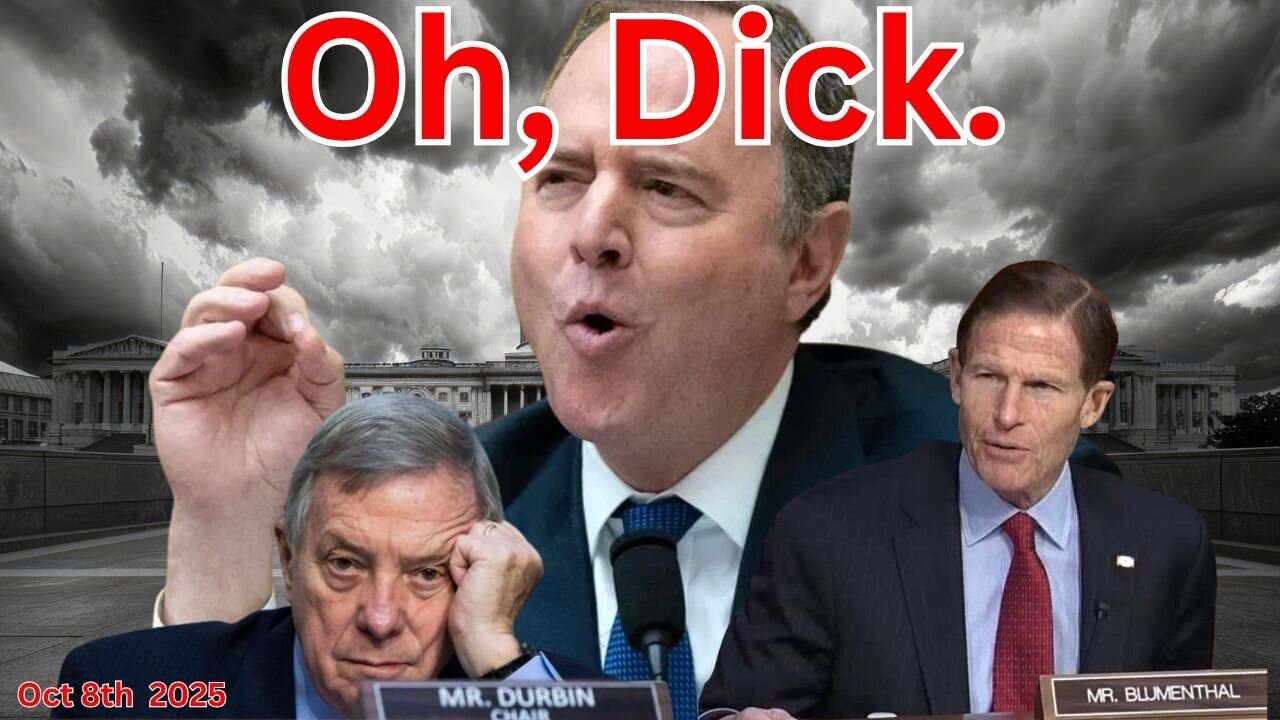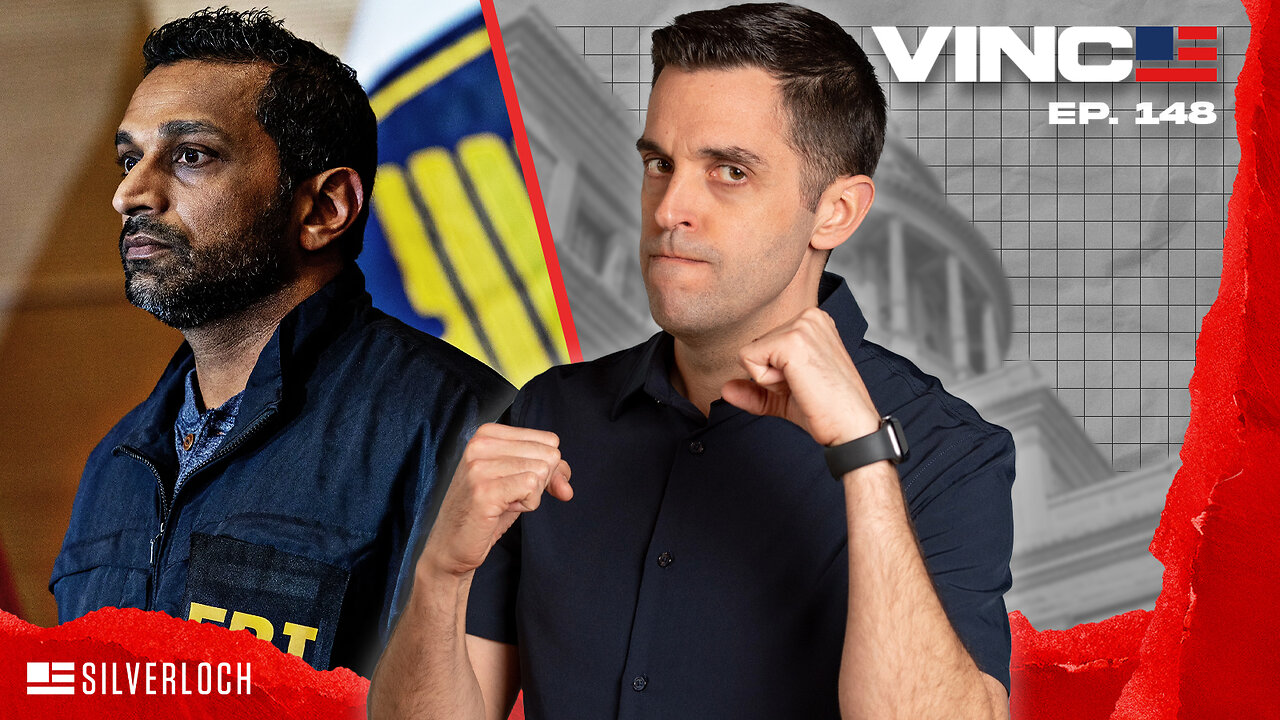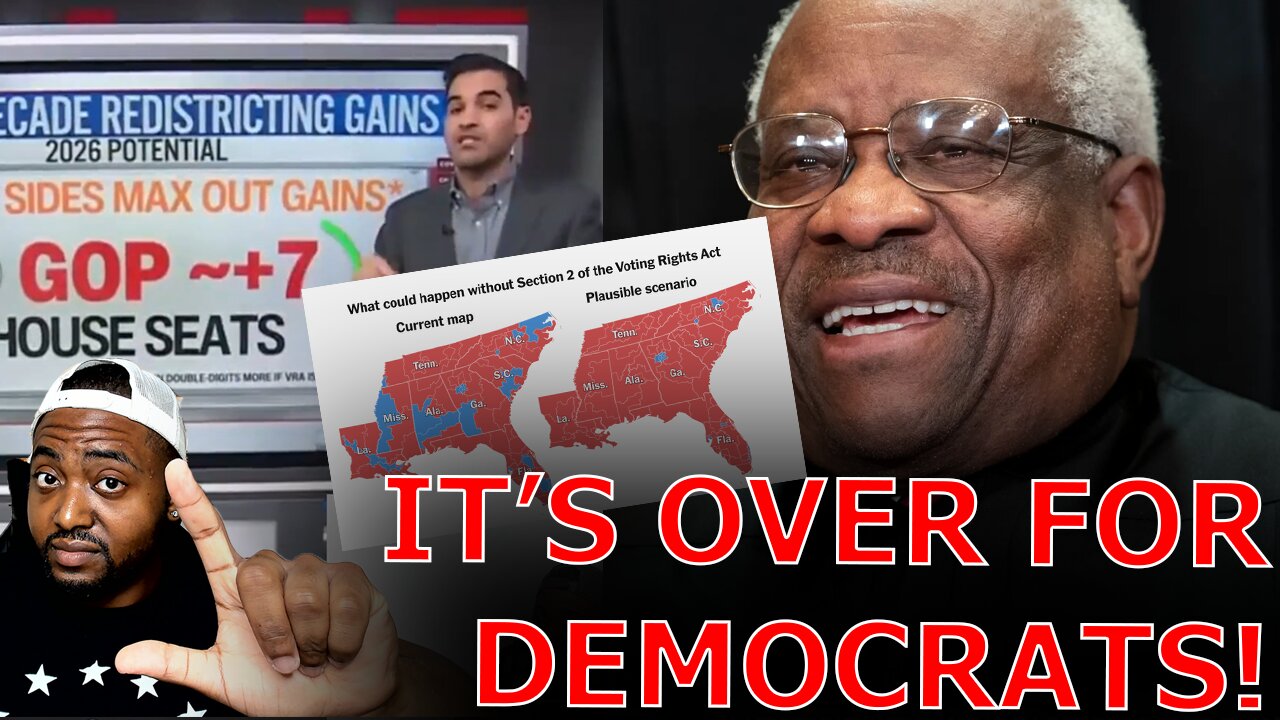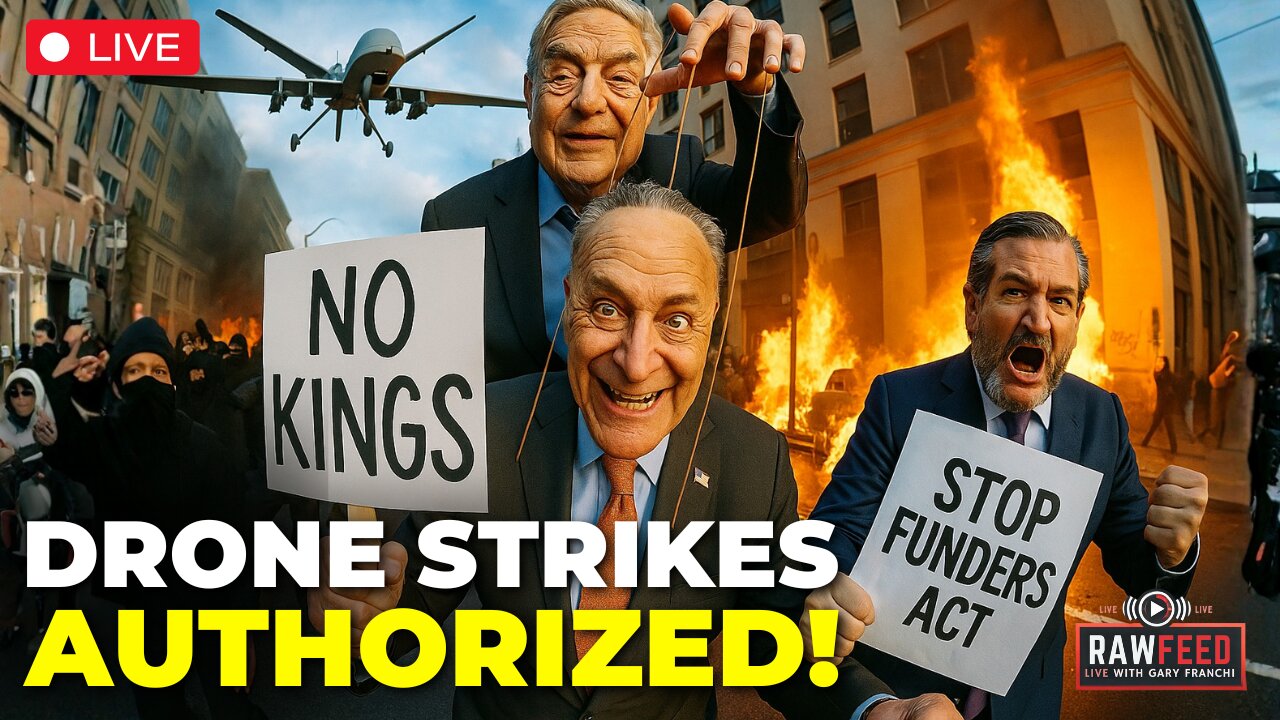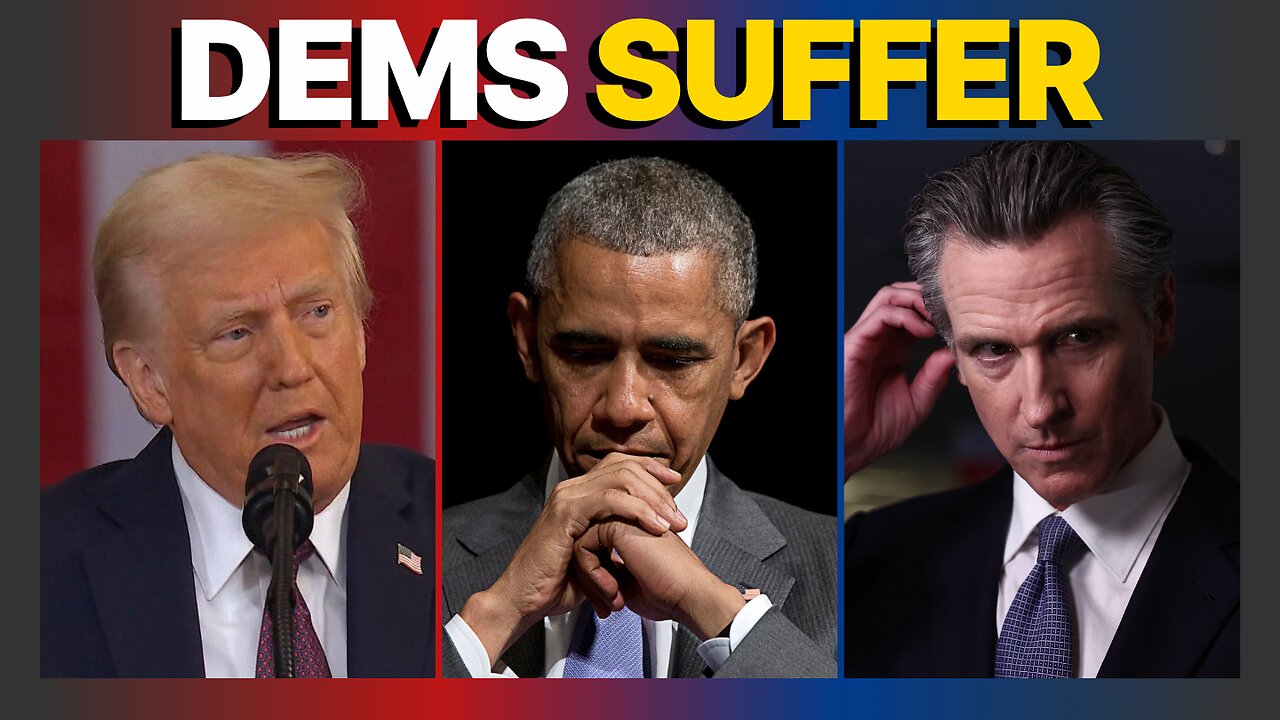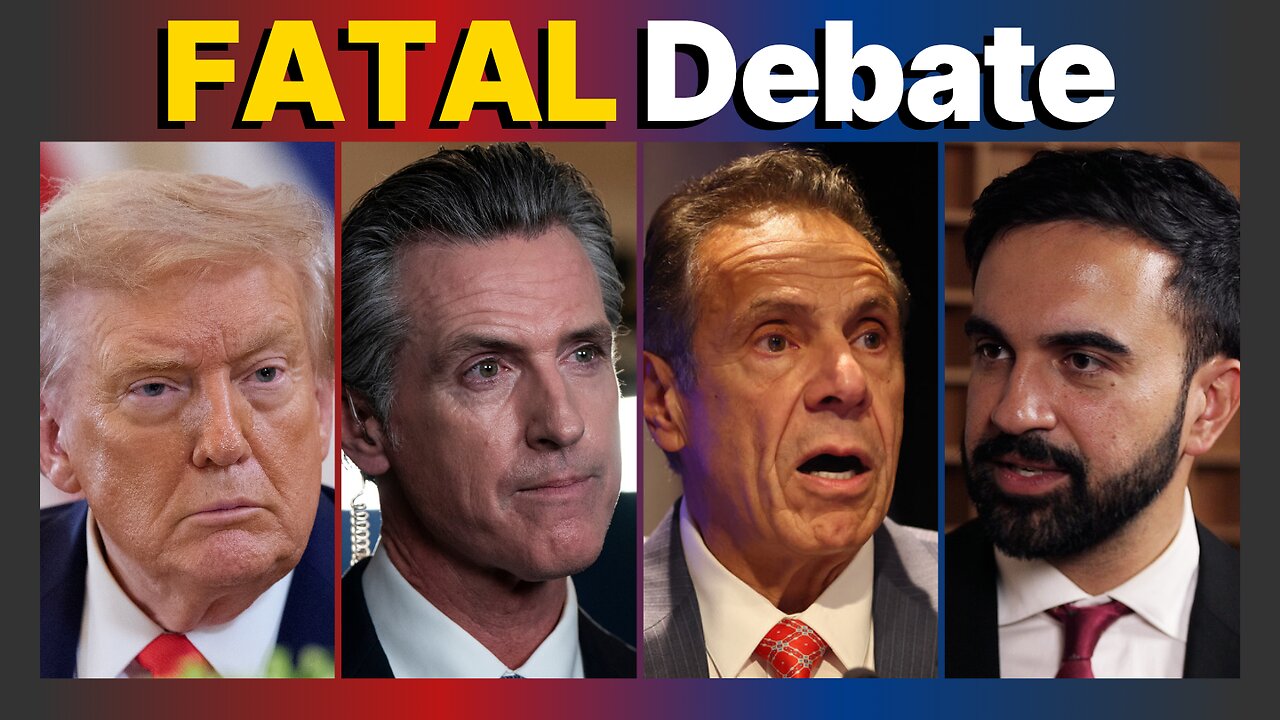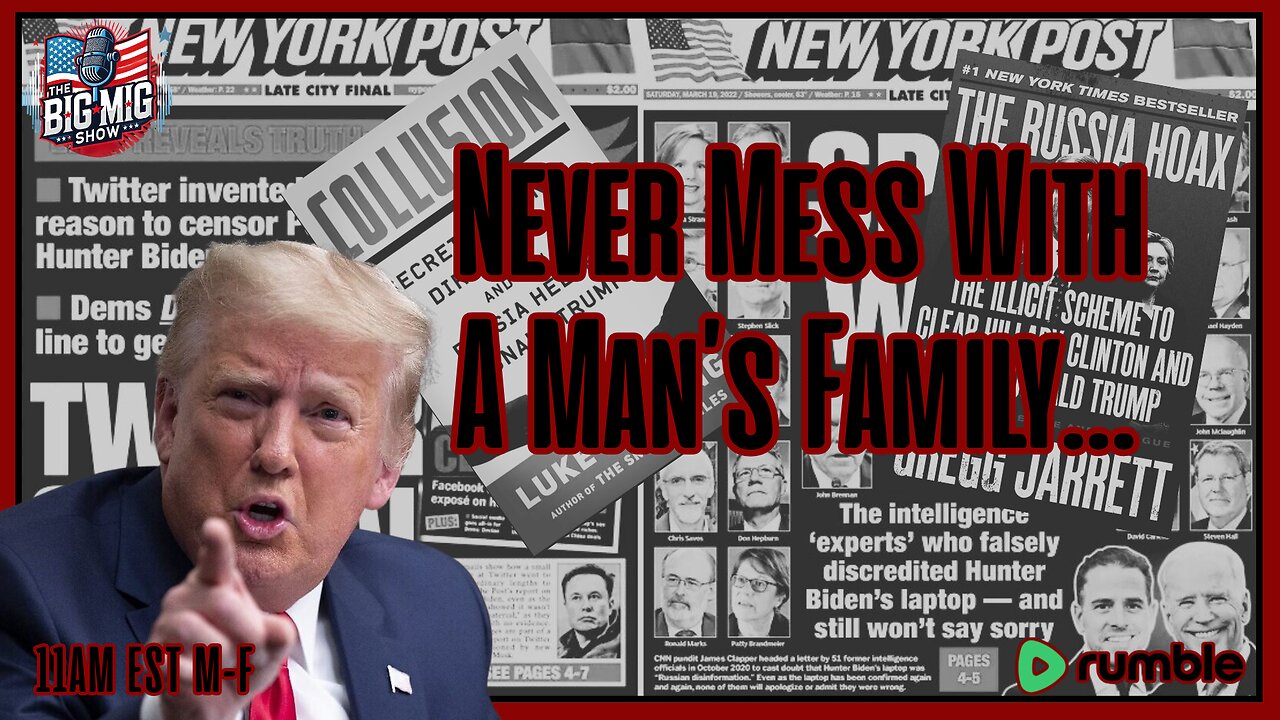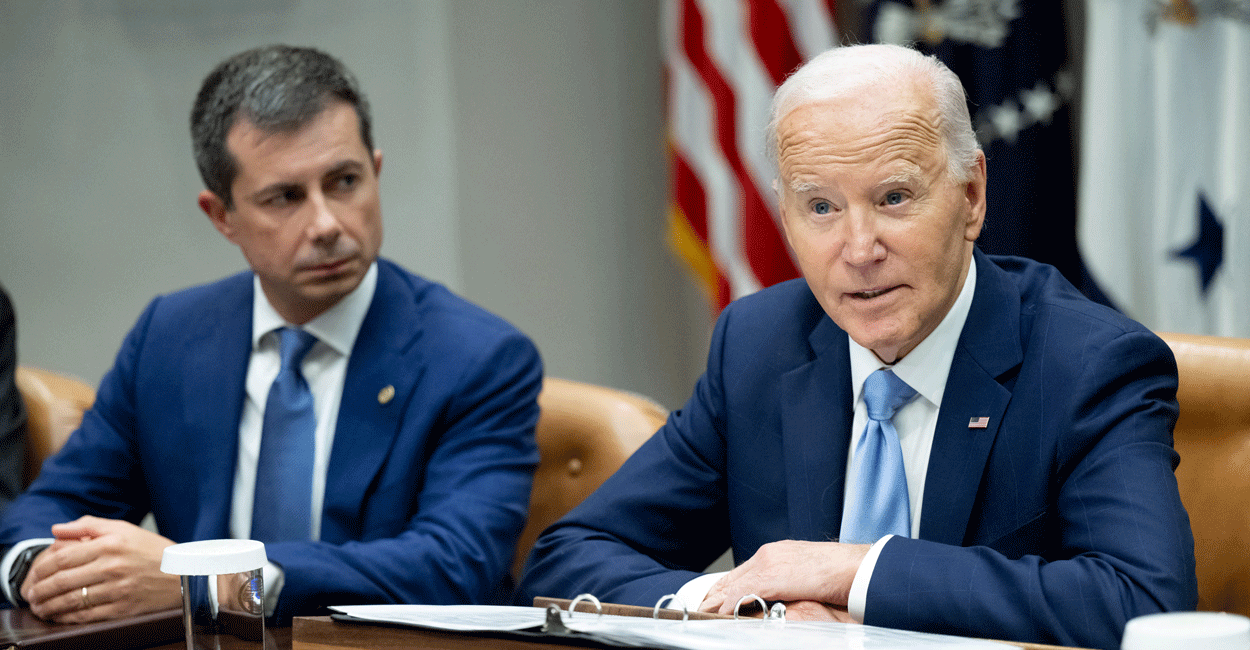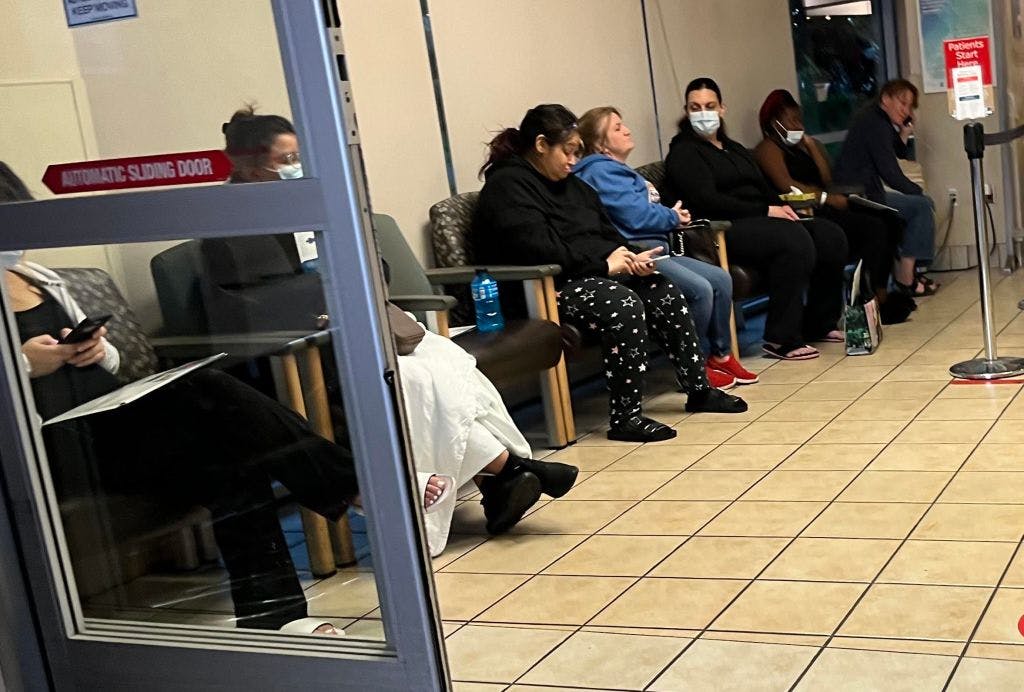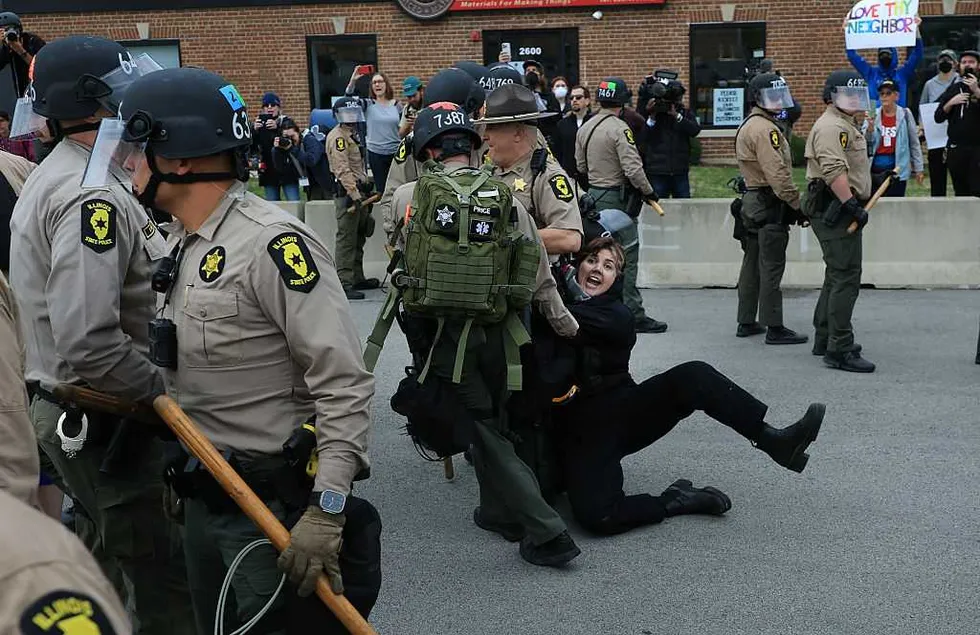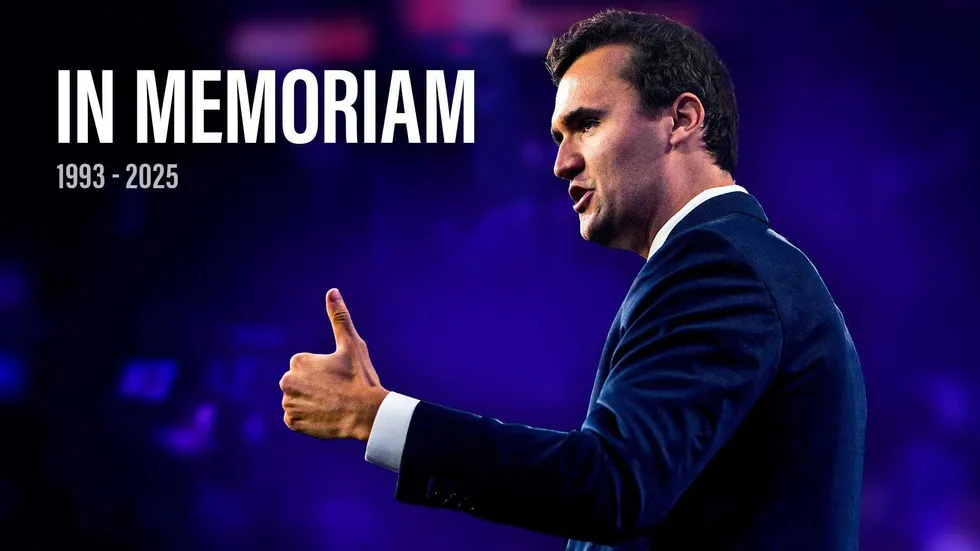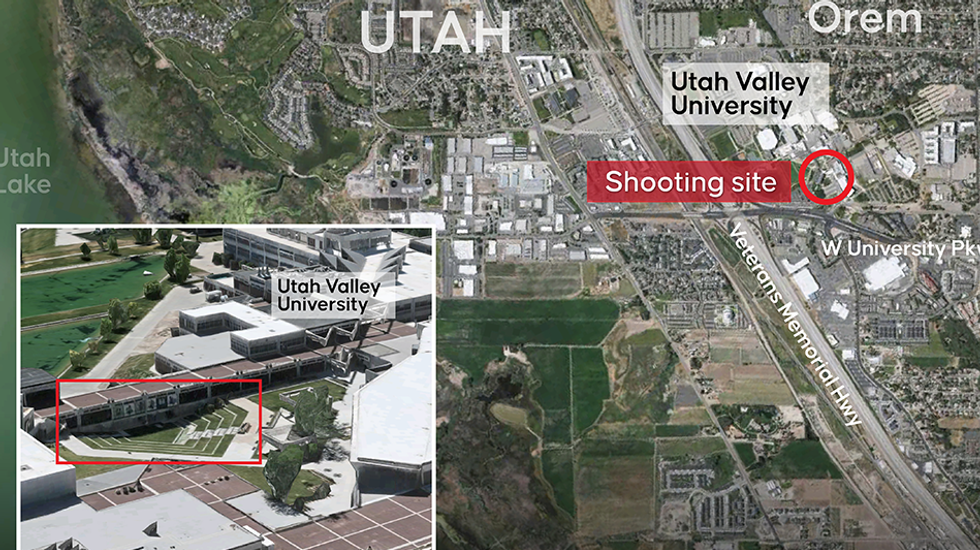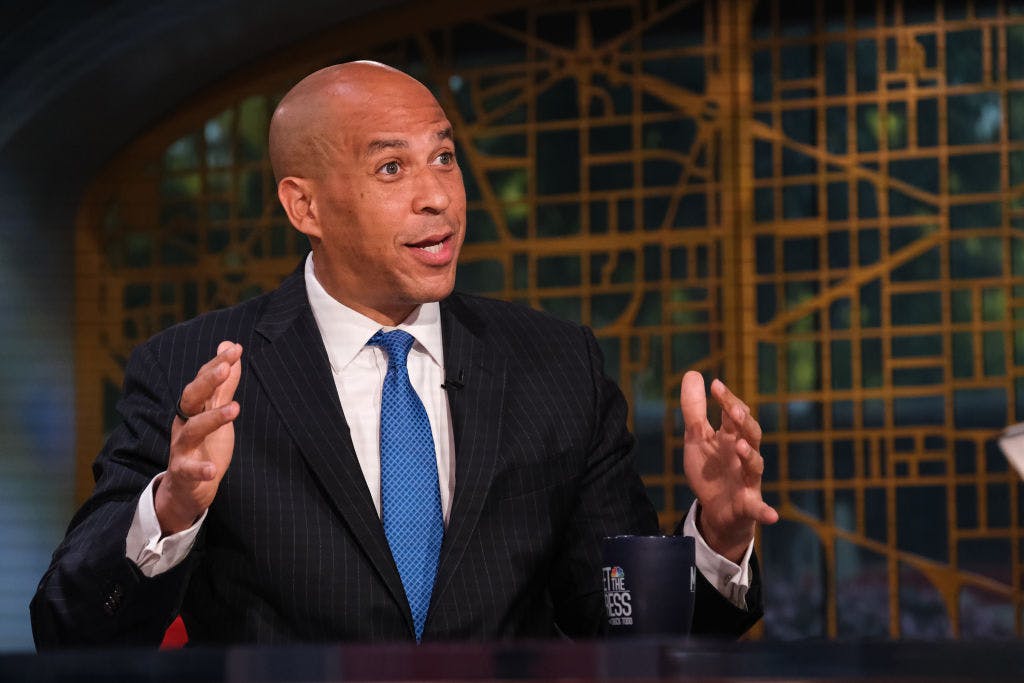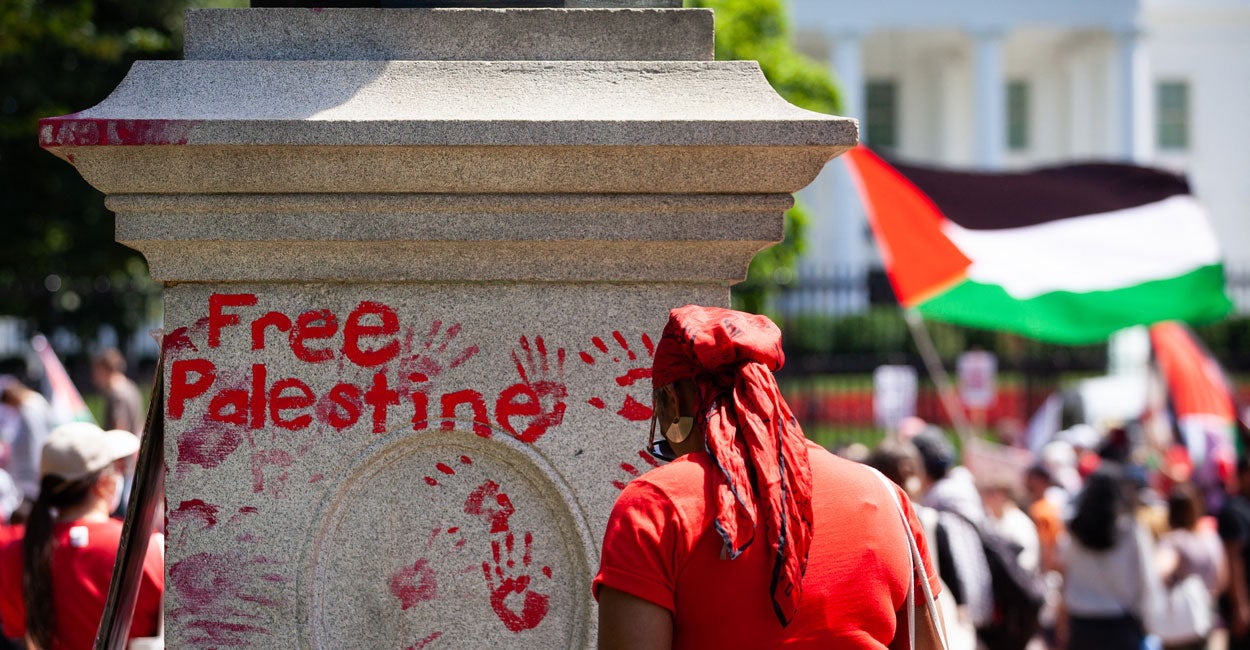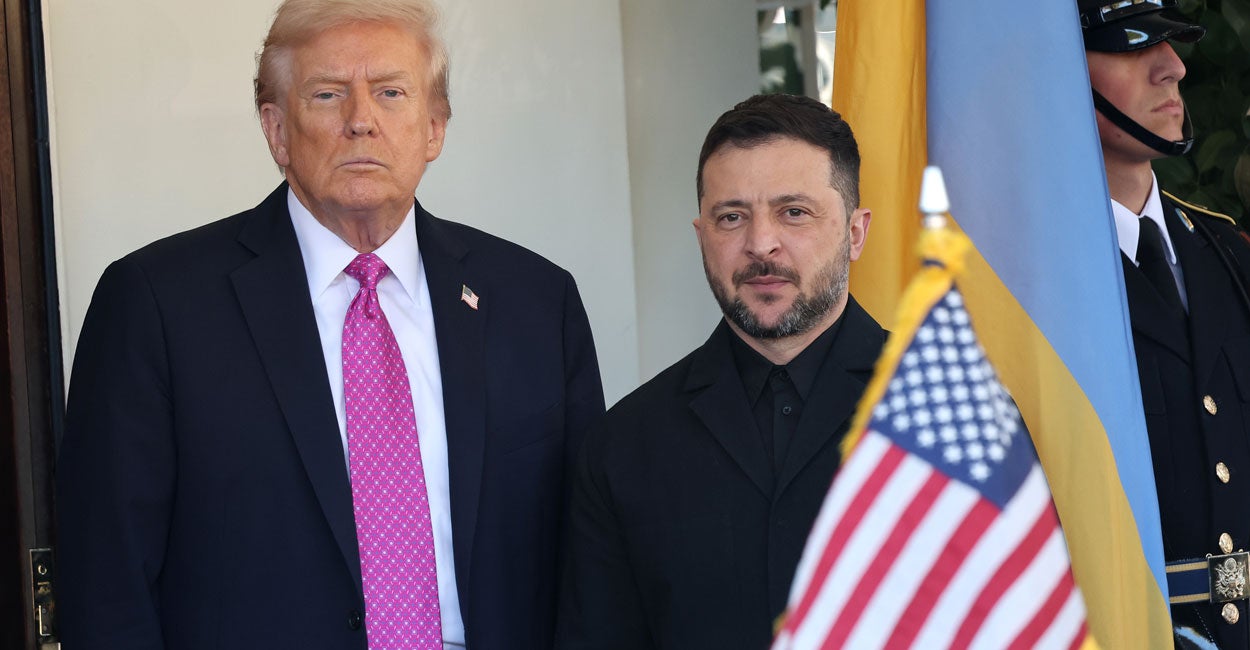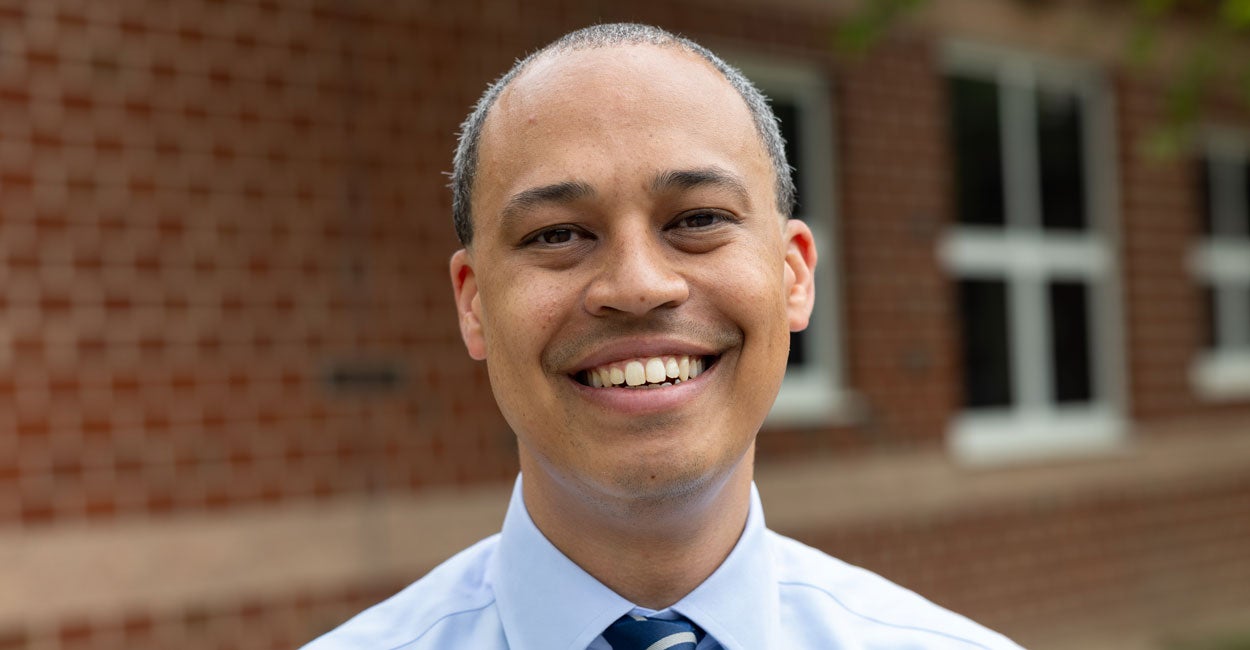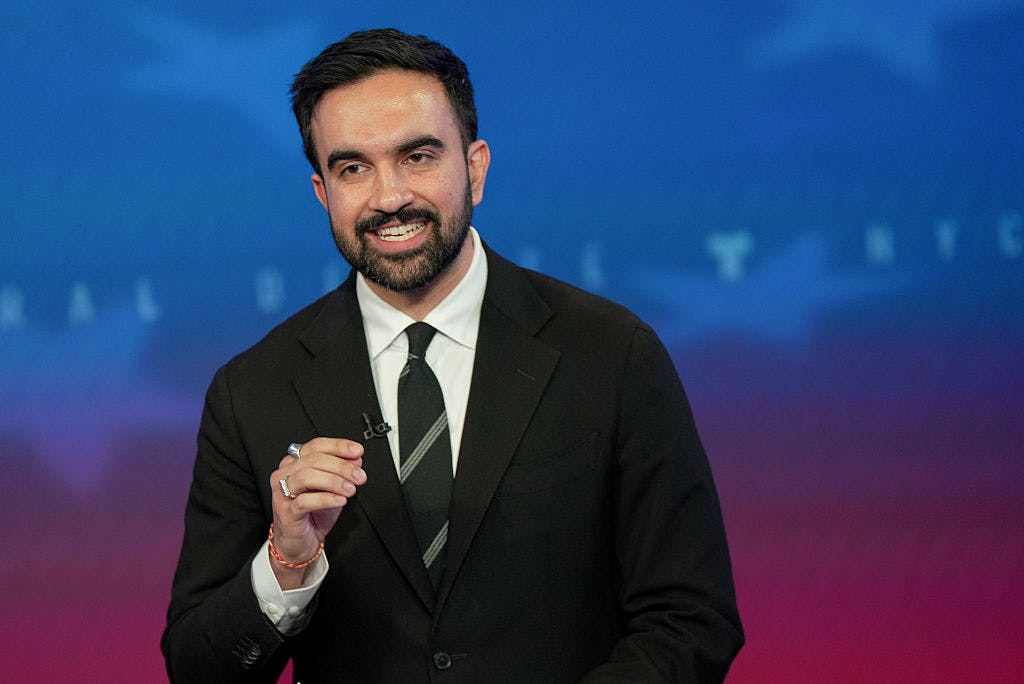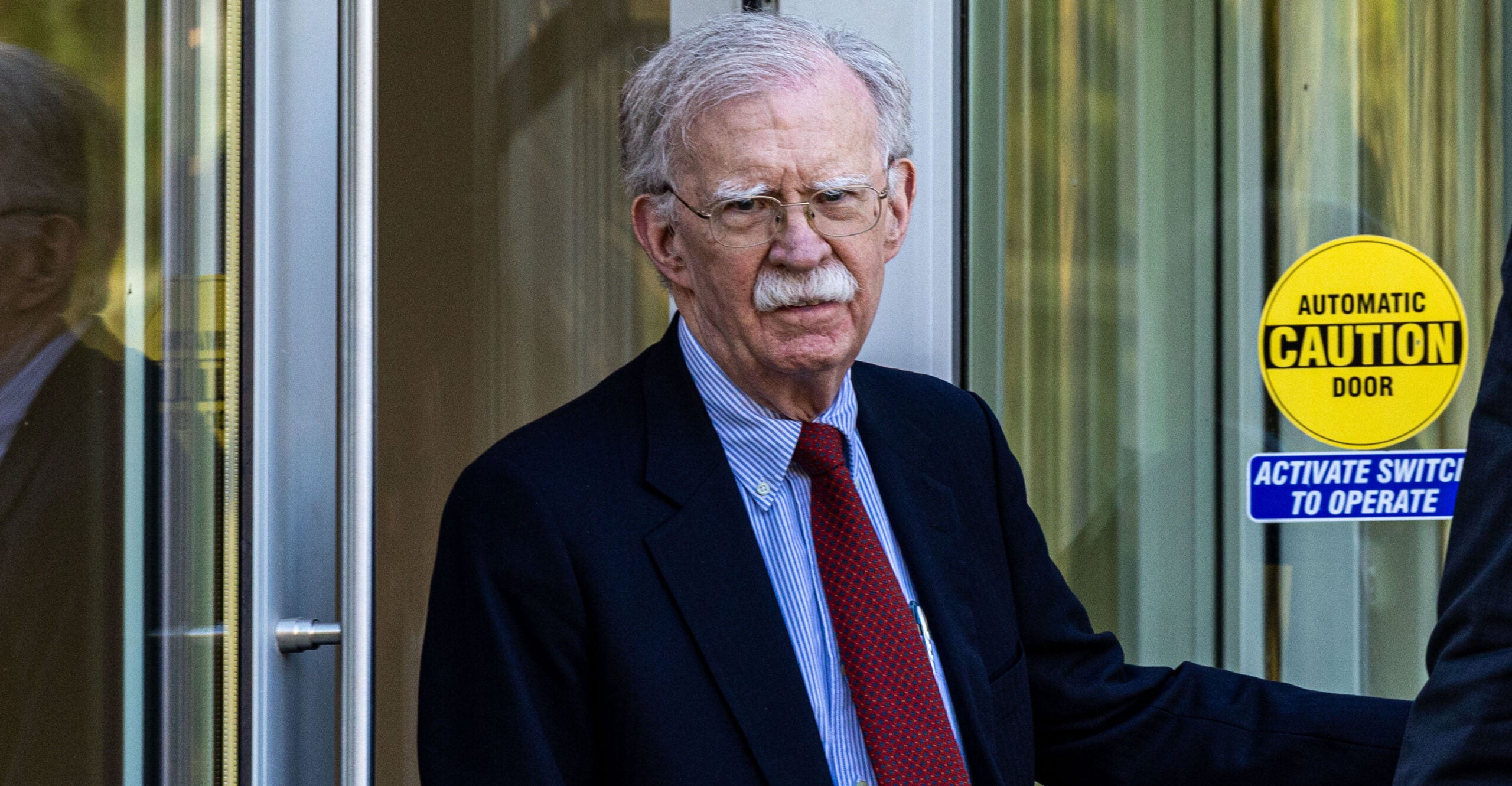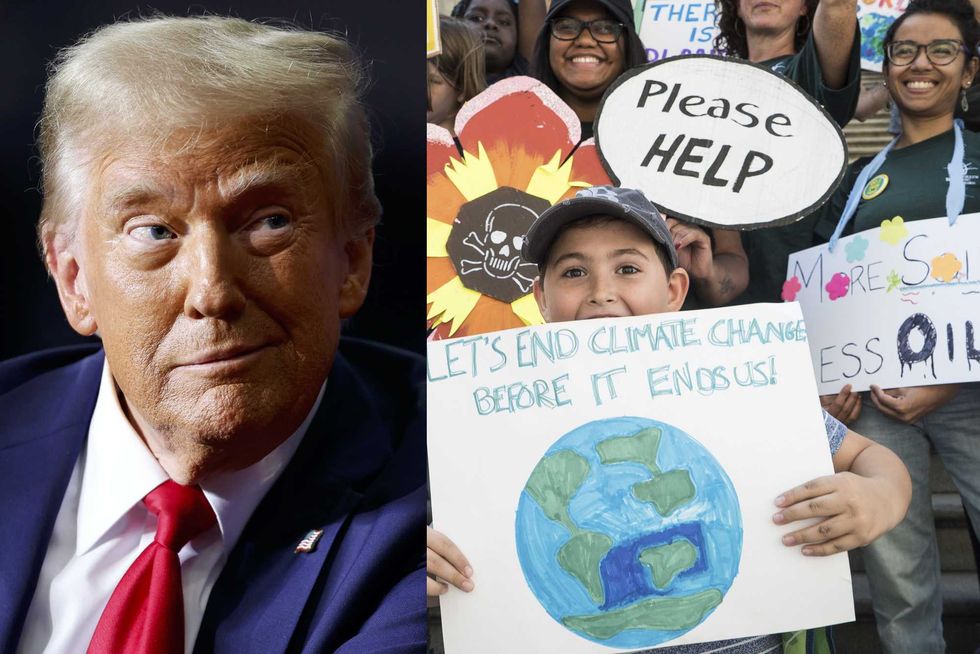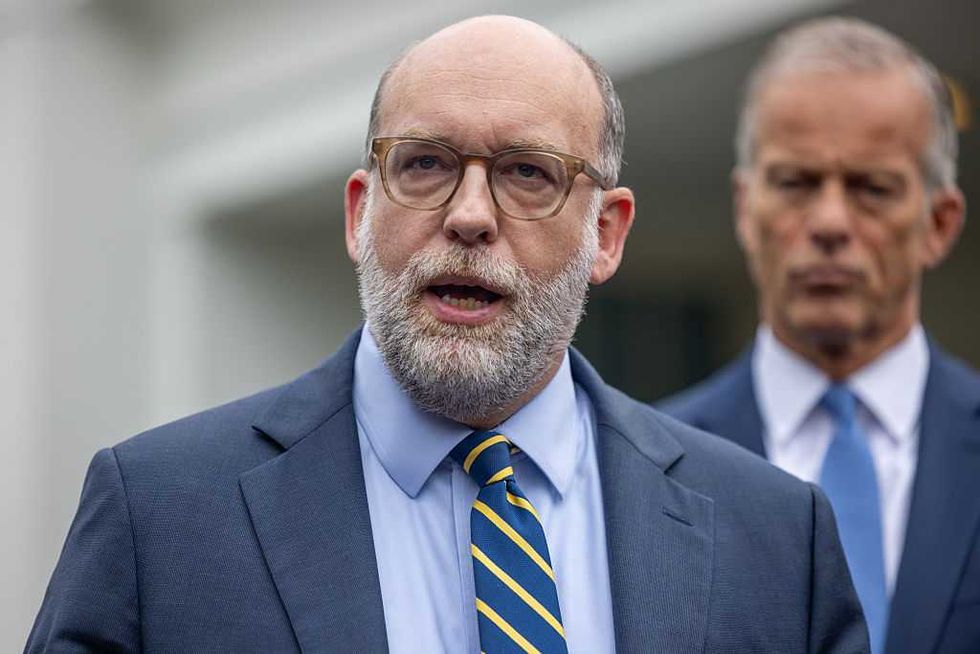Foreign Policy Experts Warn Against Attack on Iran’s Nuke Facilities
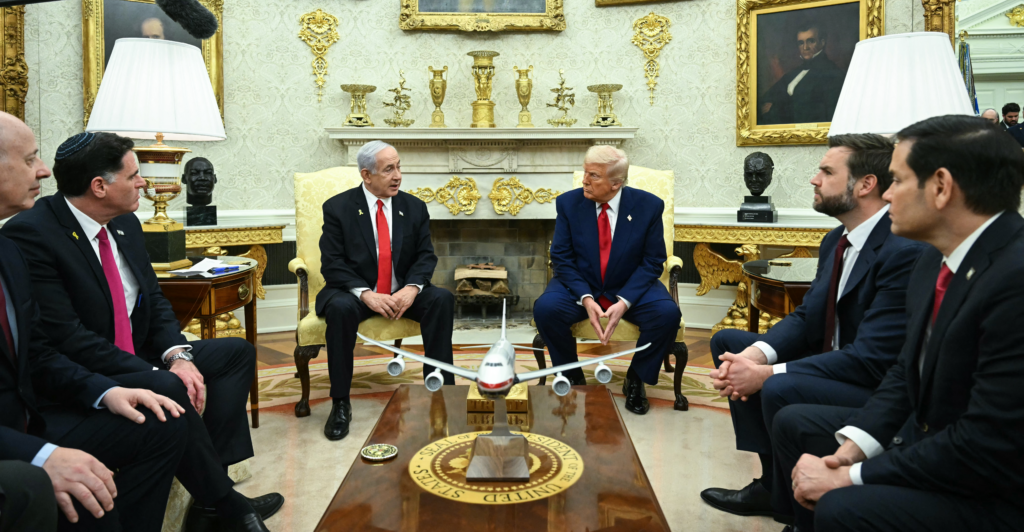
Some lawmakers are calling for President Donald Trump to help Israel strike Iran’s nuclear facilities even as foreign policy experts warn about the potential consequences of such an action.
“Ultimately, short of regime change or occupation, it’s pretty difficult to see how military strikes could destroy Iran’s path to a nuclear weapon,” Justin Bronk, a senior research fellow at the British defense think tank Royal United Services Institute, told The Times of Israel.
Meanwhile, some lawmakers are proposing that now is the perfect time to strike the Iranian regime.
“You’re never going to be able to negotiate with that kind of regime that has been destabilizing the region for decades already, and now we have an incredible window, I believe, to do that, to strike and destroy Iran’s nuclear facilities,” Sen. John Fetterman, D-Pa., told the Washington Free Beacon.
Fetterman is not alone in his assessment. Sen. Lindsey Graham, R-S.C., has also expressed a desire to strike the Iranian regime.
The comments from the Pennsylvania Democrat come as members of Trump’s foreign policy team, including Secretary of Defense Pete Hegseth, Director of National Intelligence Tulsi Gabbard, and Vice President JD Vance have reportedly expressed concerns about the potential fallout from a joint attack by Israel and the U.S.
According to a recent report, Israel has been planning for months to strike with the U.S. against Iran. The hope was that the attack would set back the Iranian nuclear program by about a year or possibly longer. The attack would have relied heavily on American support to be carried, out as well as to protect Israel from Iranian retaliation.
But some experts have warned the attack could ultimately be counterproductive in the long run for restraining Iran’s nuclear capacity.
“A strike by the United States could probably cause more damage than an Israeli strike, but in either case, you’re talking about buying time, and there’s a real risk that it drives Iran toward, rather than away from, a bomb,” explained Eric Brewer of the nonpartisan nonprofit Nuclear Threat Initiative.
Kelsey Davenport, the director for nonproliferation policy at the Arms Control Association, cautioned that the attack could make Iran’s nuclear program even more difficult to target in the future.
“What happens the day after? Iran responds to attacks on its nuclear program by hardening its facilities and expanding its program,” Davenport said.
Trump has made clear that he hopes to negotiate with Iran to prevent its development of a nuclear bomb, but did not rule out military action if the Iranian regime fails to provide meaningful checks on its nuclear program.
“I think that Iran has a chance to have a great country and to live happily without death,” the president told reporters.
“That’s my first option. If there’s a second option, I think it would be very bad for Iran, and I think Iran is wanting to talk,” Trump added.
During his first term, the president pulled out of the Obama administration’s Iran nuclear deal that was widely criticized as capitulating to the regime of the ayatollahs. But Trump has been more reticent to enter the U.S. into conflicts it can’t confidently predict the outcome of.
James Acton, co-director of the nuclear policy program at the Carnegie Endowment for International Peace, has argued that Iran would remove international nuclear inspectors if it was attacked and move toward the completion of a bomb.
“If you bomb Iran, Iran is going to almost certainly, in my judgment, chuck out international inspectors, make a dash for the bomb,” Acton told The Times of Israel.
Editor’s note: This article has been updated since publication.
The post Foreign Policy Experts Warn Against Attack on Iran’s Nuke Facilities appeared first on The Daily Signal.
Originally Published at Daily Wire, Daily Signal, or The Blaze
What's Your Reaction?
 Like
0
Like
0
 Dislike
0
Dislike
0
 Love
0
Love
0
 Funny
0
Funny
0
 Angry
0
Angry
0
 Sad
0
Sad
0
 Wow
0
Wow
0

